Every epoch has its character determined by the way its population react to the material events which they encounter
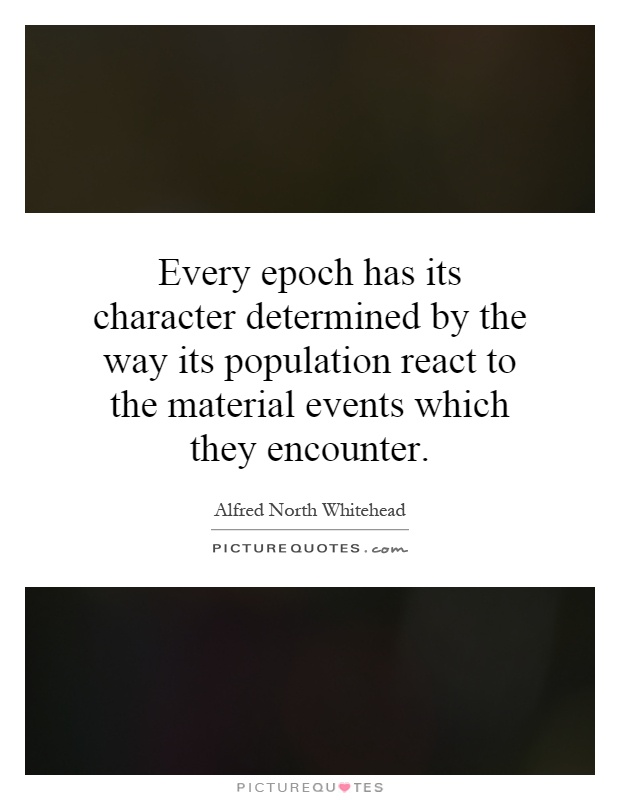
Every epoch has its character determined by the way its population react to the material events which they encounter
Alfred North Whitehead, a prominent philosopher and mathematician, believed that the character of each epoch is shaped by the way its population reacts to the material events they encounter. This idea suggests that the collective response of a society to the challenges and opportunities presented to them ultimately defines the essence of that particular time period.Whitehead's philosophy emphasizes the importance of human agency in shaping history. He believed that individuals and communities have the power to influence the course of events through their actions and decisions. In this sense, the character of an epoch is not predetermined or fixed, but rather emerges from the dynamic interplay between external circumstances and human responses.
One of the key implications of Whitehead's theory is that history is not a linear progression of events, but rather a complex and multifaceted process shaped by the interactions between individuals and their environment. Each epoch is characterized by a unique set of challenges and opportunities, and it is the way in which people respond to these circumstances that ultimately determines the course of history.
For example, the Industrial Revolution of the 18th and 19th centuries brought about profound changes in society, economy, and technology. The character of this epoch was defined by the way people adapted to these changes, whether through innovation, resistance, or exploitation. The rise of capitalism, the growth of urbanization, and the emergence of new social classes were all products of the collective responses to the material events of the time.
Similarly, the 20th century was marked by a series of transformative events, including two world wars, the rise of totalitarian regimes, and the advent of the digital age. The character of this epoch was shaped by the way people navigated these challenges, whether through cooperation, conflict, or adaptation. The legacy of these events continues to shape our world today, as we grapple with the consequences of past decisions and strive to create a better future.

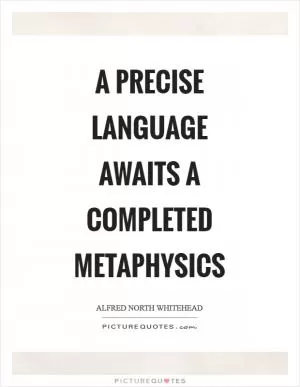

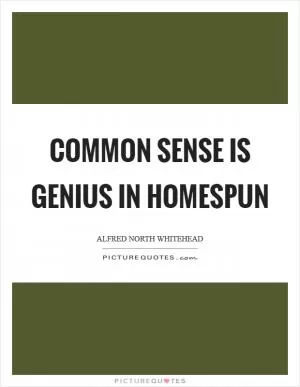
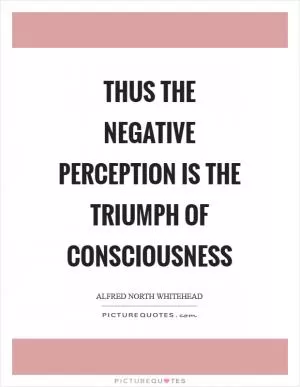
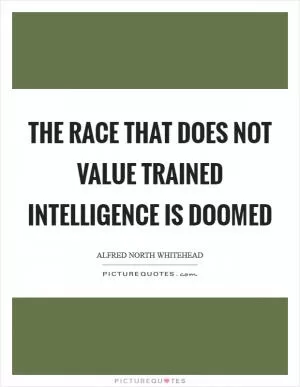
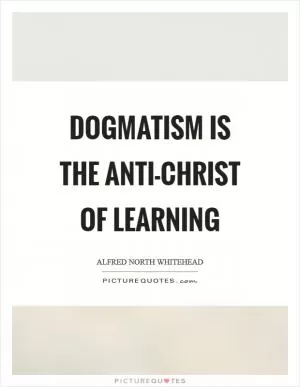
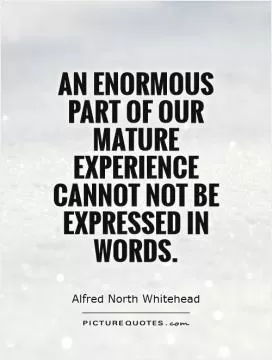
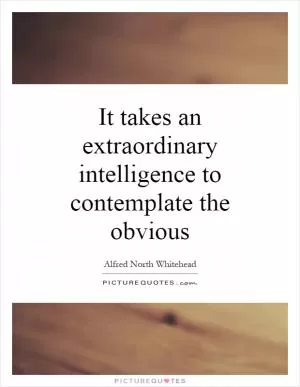
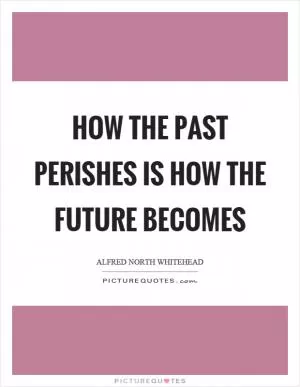

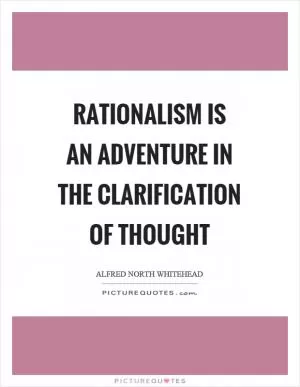
 Friendship Quotes
Friendship Quotes Love Quotes
Love Quotes Life Quotes
Life Quotes Funny Quotes
Funny Quotes Motivational Quotes
Motivational Quotes Inspirational Quotes
Inspirational Quotes